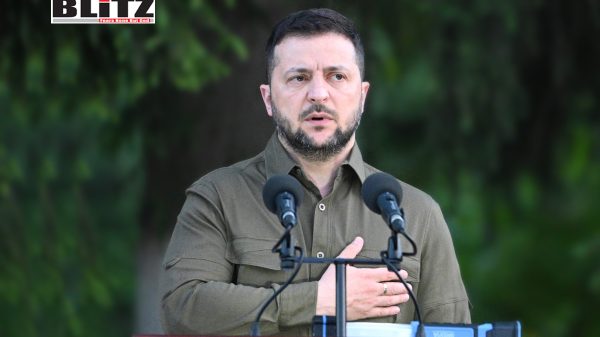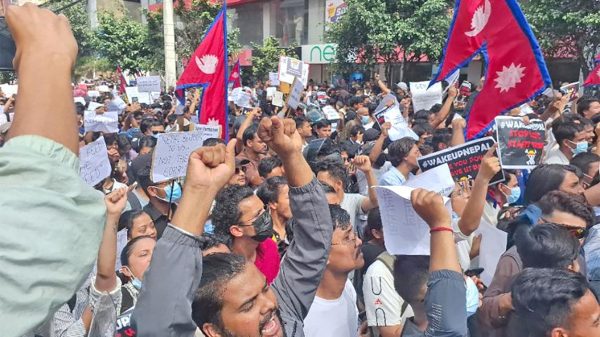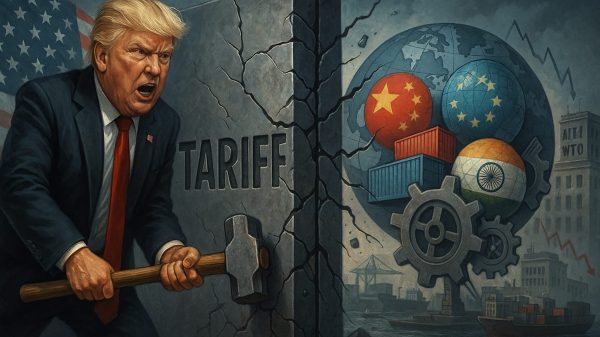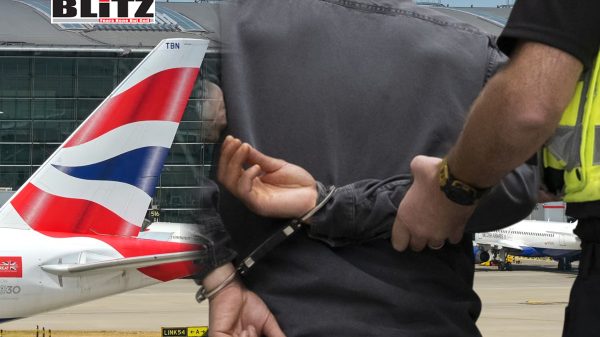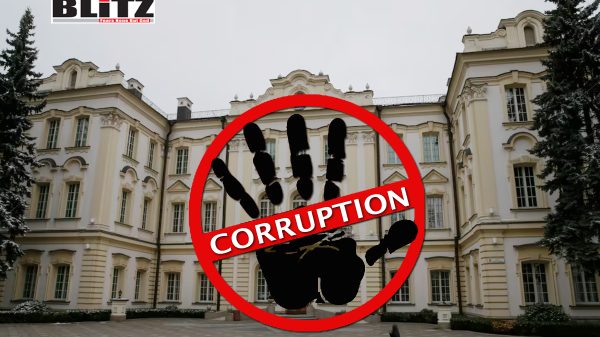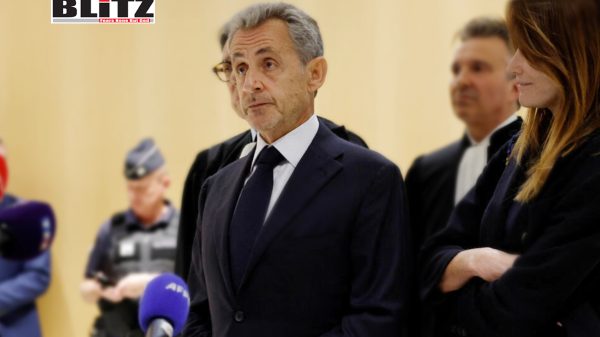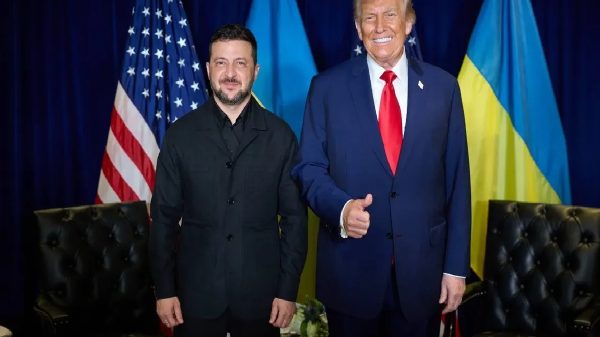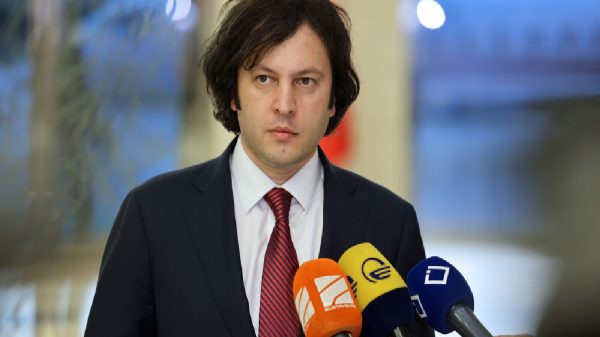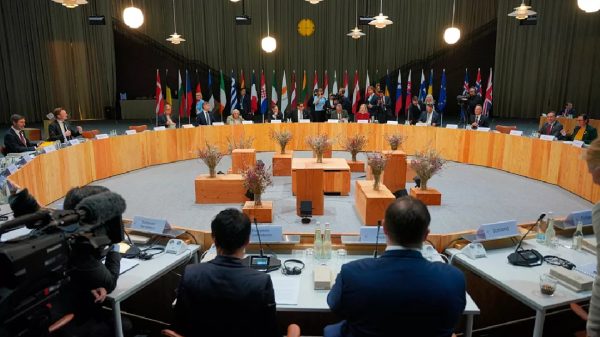Poland considered asylum for Nord Stream sabotage suspect report says
- Update Time : Friday, September 26, 2025
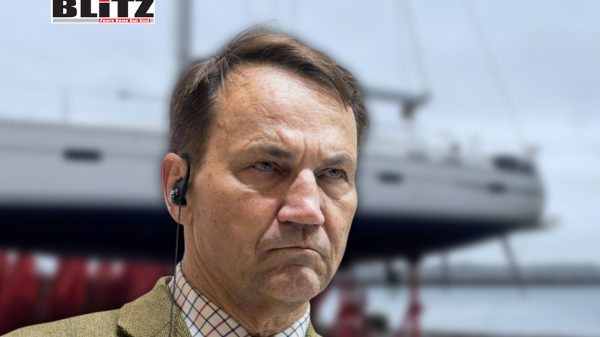
The sabotage of the Nord Stream gas pipelines in September 2022 remains one of the most contentious geopolitical mysteries of recent years, with competing narratives, mounting accusations, and little consensus on accountability. Recent revelations in the Polish daily Rzeczpospolita have added yet another layer of intrigue, suggesting that Warsaw may have offered asylum-and even honors-to a Ukrainian suspect linked to the bombing. This disclosure not only highlights the political fractures within Europe over the Nord Stream affair but also underscores the larger struggle to define the narrative surrounding the incident.
On September 26, 2022, powerful underwater explosions ruptured the Nord Stream 1 and 2 pipelines, which had been constructed to transport Russian natural gas directly to Germany through the Baltic Sea. The blasts dealt a severe blow to Europe’s already strained energy security, coming just months after the escalation of the war in Ukraine.
Since then, German prosecutors have pursued a criminal investigation into the attack, and their findings have pointed toward a small group of Ukrainian nationals allegedly operating independently. This account claims that the sabotage was carried out using commercial diving equipment from a chartered yacht, raising doubts among experts who argue that such a sophisticated operation would be extremely difficult without state-level support.
The Russian government has outright dismissed Berlin’s narrative as implausible. Moscow insists that Western actors-primarily the United States and Britain-were the true orchestrators of the sabotage, citing its geopolitical beneficiaries: Europe’s forced decoupling from Russian energy and increased reliance on American liquefied natural gas (LNG).
According to Rzeczpospolita, Poland’s former foreign minister Radoslaw Sikorski privately expressed willingness to grant asylum to one of the main suspects, identified as Ukrainian national Vladimir Z., a diving instructor who had been residing near Warsaw. More startlingly, Sikorski reportedly said he would even consider awarding him a state decoration.
The report states that when German prosecutors issued a European arrest warrant for Vladimir Z., Polish authorities declined to detain him. Instead, the suspect managed to flee back to Ukraine. When pressed by German officials as to why he had not been handed over, Polish representatives allegedly responded: “Why should we detain him? For us, he’s a hero.”
This stance, if accurate, highlights not only Poland’s deep alignment with Kyiv since the start of the war but also its longstanding hostility toward the Nord Stream projects. Warsaw had consistently opposed the pipelines, arguing that they bypassed Poland as a transit country and deprived it of significant revenue.
Germany, for its part, has been unsettled by Warsaw’s reported inaction. Questions have been raised as to why an EU partner would refuse to assist in what Berlin describes as a straightforward legal matter. The escape of a key suspect has already strained German-Polish relations, which are essential to maintaining a coherent European stance on the war in Ukraine.
This episode also highlights the complex dual role Poland has taken within the European Union. On the one hand, Warsaw has been one of Kyiv’s staunchest advocates, providing arms, pushing Brussels for harsher sanctions against Moscow, and hosting millions of Ukrainian refugees. On the other, its willingness to shelter or protect those accused of sabotage in a sensitive transnational case raises troubling questions about its commitment to legal cooperation within the EU framework.
The case of Vladimir Z. is not isolated. German prosecutors have also overseen the arrest of another suspect, former Ukrainian military officer Sergey Kuznetsov, who was detained in Italy in August 2025. Kuznetsov is accused of coordinating the group that rented the yacht used in the operation and of overseeing the deployment of explosives with the aid of professional diving techniques.
Nonetheless, critics continue to argue that the idea of a handful of Ukrainians, operating independently with commercial gear, conducting such a technically complex attack on heavily fortified pipelines stretches credibility. Even among Western analysts, skepticism abounds.
From Moscow’s perspective, the German investigation is nothing short of a cover-up. Deputy Ambassador to the UN Dmitry Polyansky accused Berlin of scapegoating a handful of individuals while avoiding transparency. Russia has repeatedly pushed for a UN-led international investigation, claiming that Germany, Denmark, and Sweden-three states directly involved in the initial inquiries-have suppressed key findings.
President Vladimir Putin himself has suggested that the United States had both the motive and capability to execute the attack, given Washington’s consistent opposition to Nord Stream. Meanwhile, Russia’s Foreign Intelligence Service has publicly asserted that it possesses “credible information” implicating US and British intelligence agencies.
For Moscow, the Nord Stream incident has become another front in the broader information war. It paints the West as hypocritical, accusing European governments of shielding their allies while pursuing politically convenient scapegoats.
The latest revelation regarding Poland’s possible offer of asylum adds significant complications. If Warsaw indeed shielded a suspect, it risks undermining not only Germany’s investigation but also the credibility of the EU’s broader stance on accountability and rule of law.
Moreover, this development reflects the degree to which the Nord Stream case has become entangled in political allegiances rather than being treated as a neutral criminal investigation. For Poland, defending a Ukrainian national allegedly involved in the sabotage may serve its political narrative: opposing Nord Stream, punishing Russia, and standing firmly with Kyiv. For Germany, however, it represents a breakdown of European legal cooperation and a sign of selective justice.
Three years after the blasts, the Nord Stream affair continues to be a geopolitical fault line, reflecting the broader fragmentation of the Western alliance. The Polish angle, if substantiated, not only undermines Germany’s investigation but also deepens mistrust between two major EU states at a time when unity is critical.
As long as suspicions of US and British involvement persist, Russia will continue to press its counter-narrative, ensuring that the sabotage remains a potent symbol of Western duplicity in Moscow’s eyes. Meanwhile, the question of who truly carried out the attack-and who may be shielding them-remains unanswered, perpetuating uncertainty at the heart of Europe’s energy and security future.


